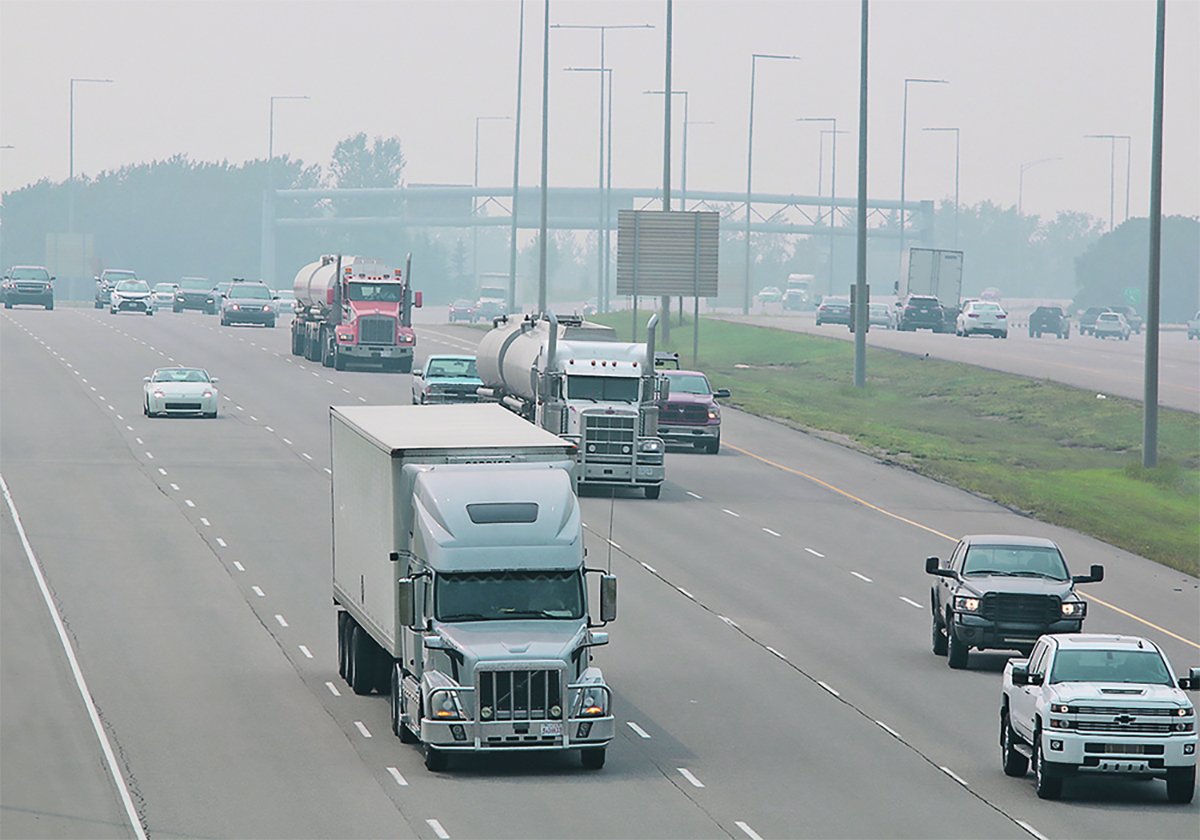Q: My father left a sizable farming operation. His will leaves the farm
to the four children, two of whom are executors. There is considerable
disagreement between the children as to who is entitled to what and the
value of various assets. One brother wants a particular quarter, which
is the most valuable one. Another brother has picked out the cattle he
wants. The estate’s lawyer has refused to be involved in valuing assets
or actually dividing the assets. We believe the lawyer has not met his
Read Also

Alberta cracks down on trucking industry
Alberta transportation industry receives numerous sanctions and suspensions after crackdown investigation resulting from numerous bridge strikes and concerned calls and letters from concerned citizens
professional obligations. Is this a matter that should be reported to
the law society? If so, how does one contact it?
A: The executor is responsible for administration of the estate. An
executor’s duties include probating the will, advertising for
creditors, dealing with claims against the estate, looking after tax
matters and finally, distributing the assets according to the terms of
the will. If the will is unclear, a court ruling might be necessary to
clarify ambiguous terms.
What were the terms of your father’s will? For example, does the will
say that James is to get the northwest quarter and Nancy the southwest?
If so, the executor’s job is to see that the respective quarters are
transferred to James and Nancy.
Or does the will say that the estate is to be divided into four equal
parts with a quarter going to each sibling? If that is the case, then
the executor’s duty is to achieve this division in the most efficient
way possible. A good will should provide direction to the executor,
such as whether assets are to be sold and proceeds divided or is the
division to be achieved by transferring land and other assets?
Alternatively, the will could state that James is to have his first
choice of quarter sections, followed by Nancy’s pick and so on.
What if the beneficiaries help themselves, regardless of the terms of
the will? An executor’s job is to protect the assets of the estate.
Before assets can be distributed, the executor must first pay debts,
deal with claims against the estate, and satisfy tax obligations.
Failure to do so could mean the executor or beneficiaries could be
personally liable.
If assets are taken without consent, the executor’s duty is to ask for
the return of items taken. If that fails, the executor would have to
seek a court order asking for either the return of items or for damages.
The executor is not legally required to hire a lawyer. However, estate
matters are complex and technical. A lawyer’s job is to advise the
executor on legal matters and prepare the required legal documents,
such as a probate application.
If there is a dispute over the value of the estate, a lawyer is not
necessarily going to be the most qualified to determine value.
Unfortunately, such a dispute may have to be solved by a court. In
determining the value, a judge would listen to professional appraisers.
Nor is it the lawyer’s job to stop beneficiaries from helping
themselves. I wouldn’t expect the lawyer to stand at the farmgate and
say “you can’t take those cattle.” The lawyer’s role would be to advise
the executor of legal remedies available to stop the beneficiaries from
helping themselves.
The situation you describe is unfortunate. Occasionally, the
possibility of inheritance brings out the worst aspects of human
nature. The best lawyer in the world can’t make beneficiaries get along
if they insist on getting at the pie as quickly as possible. All an
executor can do is make the best of the situation or rely on the courts
to control the beneficiaries.
Court orders to prevent assets from being taken are going to take time
and money. And even if successful, their enforcement can be a problem,
possibly
involving the sheriff and the police.
If you believe your lawyer has not carried out his role, you can
complain to the law society in your province. Its role is to license
lawyers and ensure professional competence and ethical behaviour. In
Saskatchewan from where you write, the law society can be reached by
writing it at 1100 2500 Victoria Ave., Regina, S4P 8242 or phoning
306-569-8242.














